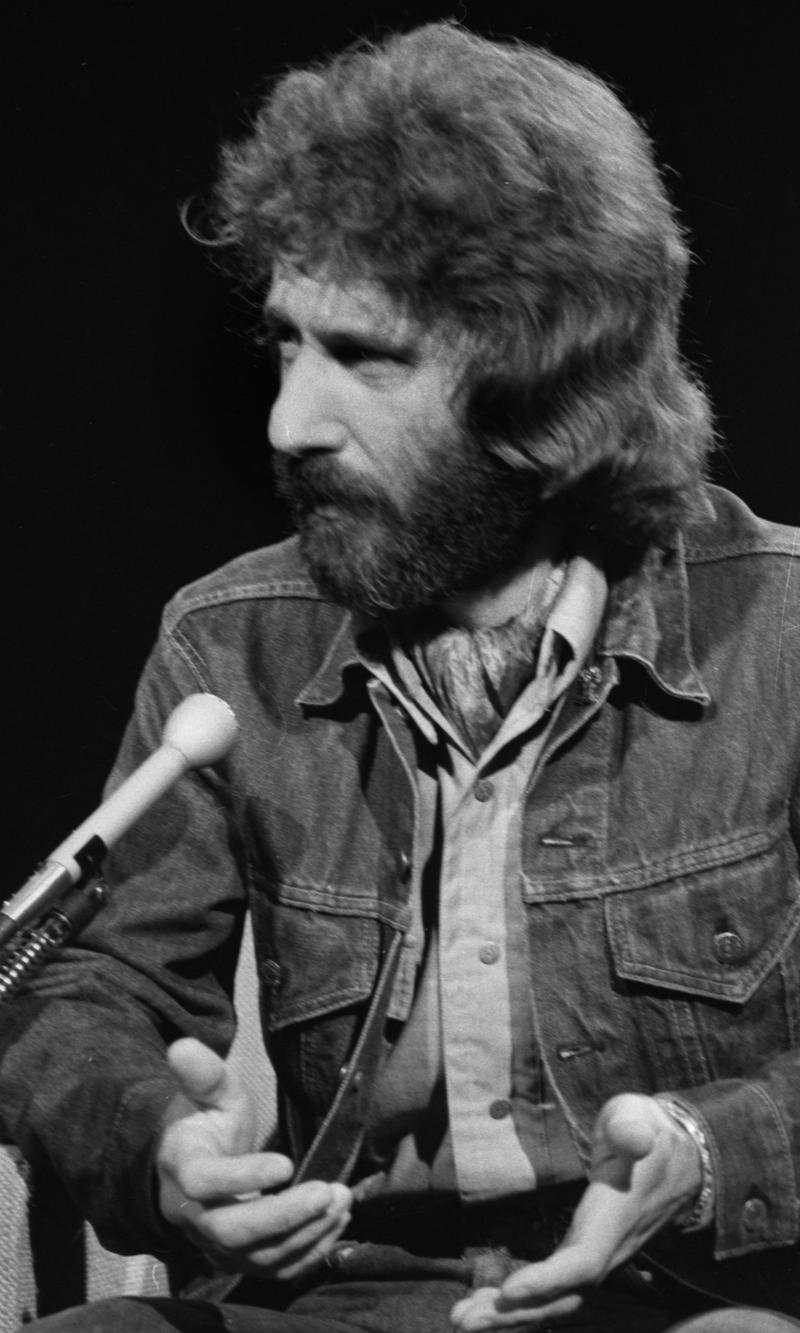Police Corruption and the Civilian Review Board

The 1966 restructuring of the Civilian Complaint Review Board (CCRB) was one of Lindsay’s most contentious actions as mayor, an indelicate handling of a seemingly minor issue that returned the year's briefly simmering racial tensions back to an aggressive boil. The effect of the fight over the CCRB on the growing racial animus has been studied thoroughly, and while we certainly hope to add this to the available primary sources, we introduce this recording to show another side of the debate over the Board, which depending on your perspective is either dramatic irony revealed in history’s slow-release or a classic example of another unheeded Cassandra.
First, some background: Civilian review had existed in New York for over a decade, but until Lindsay had had no civilian presence on its governing board. Lindsay restructured the board to include 7 members, four of whom were civilians vetted by Lindsay, with the rest of the board and its staff comprising members of the Police Department. John Cassese, then president of The Patrolmen's Benevolent Association, the main union of New York's Finest, was having none of it, drawing implicit racial undertones to the fore: “I am sick and tired of giving in to minority groups, with their whims and their gripes and shouting. Any review board with civilians on it is detrimental to the operations of the police department.” The PBA swiftly drafted a referendum combating Lindsay's new board, to be voted on by the citizens of New York City on November 8, 1966.
This brings us to this October 28, 1966 recording, in which we hear Mayor Lindsay call to his press conference dais Russell Niles and Sam Rosenman, president and president emeritus of New York City Bar Association respectively, to give the Bar’s assessment of the Patrolmen's Benevolent referendum number 1 on the November 8 ballot.* To hear Lindsay tell it, New Yorkers were not being asked to dissolve the CCRB, the referendum's ostensible purpose, but something much worse:
“Its specific language would do far more than destroy the new Civilian Review Board [sic]. The language of the referendum would also prohibit the mayor, the city council, the board of estimate, and the commissioner of investigations from investigating complaints against the members of the police department…. We are speaking of the entire entire breadth of citizen grievances including graft and corruption…. The people of New York have been denied the opportunity to vote to abolish the board and nothing more.”
Under the wording of this referendum, which ultimately won by a nearly two to one margin, investigations of the police could only begin within the department itself. It would allow the police to become "a law unto itself." In Lindsay's mind, the referendum was a Trojan Horse.
It’s Samuel Rosenman rather than Lindsay who performs the role of Cassandra in this press conference radio drama however. In the news that day was Commissioner of Investigations Arnold Fraiman’s recent work cleaning up the Sanitation Department, which like seemingly every department in the City government was hopelessly corrupt. Rosenman saw fit to bring this timely hero forth as an example of the kind of hands that could be tied with the passage of referendum 1.
It is here where the irony drops in: This was the same Commissioner Fraiman who later declined to investigate further the descriptions of the rampant graft of the 81st precinct made by Frank Serpico (whose story became a film and hit play). Serpico was a police officer, not a civilian, so Fraiman almost certainly should have and legally could have acted upon his tip, but given the passage of the referendum breaking up Lindsay's civilian review board and handicapping inquiries into police misconduct, a promising avenue of investigation had arguably been legally blocked. Moreover, Commissioner Fraiman would have found it difficult if not impossible to receive the corroboration of citizens without an active civilian-led board to give voice to the people's reports. It would take a New York Times cover story to get Serpico's story out, leading ultimately to the Knapp Commission's efforts to fight police corruption. While this points to the potential of the fourth estate as a vehicle for social justice, I would note that this news conference, in which Lindsay, Niles, and Rosenman warn against the dangers that the passage of the referendum held for independent investigations of the police, in spite of landing on the front page of the Times, then and now the paper of record, did nothing to stop the referendum from passing with a substantial majority.
Lindsay's battle over civilian reviews would later find an echo in the Dinkins administration's efforts to install an independent board in the early '90s, as well as in today's clarion call that Black Lives Matter. As important as those efforts were and are, we should not ignore the other reverberations sounded in the efforts to reform civilian review in the Lindsay Administration's first year - the October 28 warnings of Lindsay and the New York City Bar.
*Please refer to the recording for details on the Bar’s assessment of the referendum and its take on civilian review boards in general, as well as Lindsay’s, Niles’, and Rosenman’s comments.
Audio courtesy of the NYC Municipal Archives WNYC Collection.
WNYC archives id: 92395
Municipal archives id: T2679

